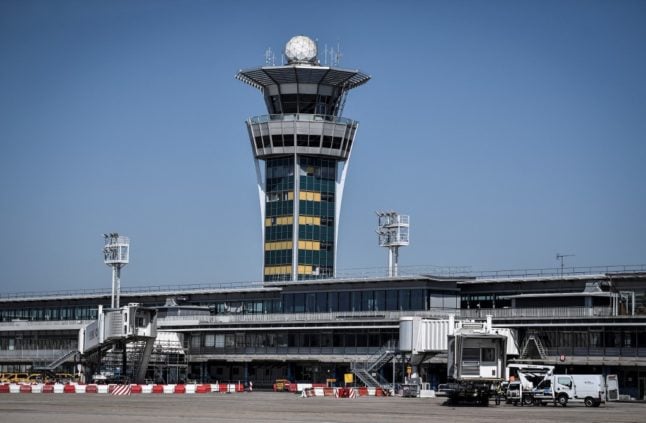The SNCTA union, the main union that represents air traffic controllers, has declared its intention to strike on Friday, September 16th in a dispute over pay and working conditions.
The Direction générale de l’aviation civile (DGAC) has asked airlines to cancel half of all their flights in and out of France on Friday, and is recommending that passengers postpone their travel plans, due to the likelihood of “severe” disruption.
In total 1,000 flights have been cancelled – click HERE for full details.
The strike notice runs from Friday, September 16th at 6am to Saturday, September 17th at 6am, although it is likely that flights over the weekend will also be disrupted as airlines deal with the knock-on effects.
The SNCTA has since announced three more strike days – on Wednesday, September 28th, Thursday, September 29th and Friday, September 30th.
The full scale of the disruption for those days is not yet known, cancellations will be announced nearer the time, so check our travel page HERE for updates.
The September 16th strike notice covers all airports in France, as well as French overseas territories such as the Caribbean islands of Martinique and Gaudeloupe.
#Perturbations | Mouvement social des contrôleurs aériens sur l’ensemble du territoire national pour la journée du vendredi 16 septembre 2022. pic.twitter.com/zfkBy25ByL
— Direction générale de l'aviation civile 🇫🇷🇪🇺 (@DGAC) September 13, 2022
READ ALSO Your rights on delayed or cancelled flights in France
The DGAC said it is in discussions with the Eurocontrol aviation traffic manager to propose alternative routes for airlines to avoid French airspace.
The SNCTA said for its part that the strike was a response to severe inflation that is eroding spending power of its members, and worries about “future recruitment.”
The move comes as the French government is preparing to unveil its 2023 budget, which the union says fails to guarantee the DGAC’s financing and could limit its its ability to offer pay hikes.



 Please whitelist us to continue reading.
Please whitelist us to continue reading.
Member comments